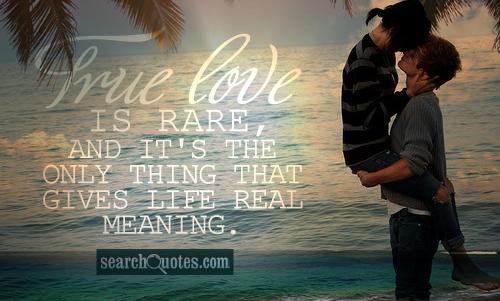

"My first serious boyfriend left me after I told him, 'I love you,'" said Paula. These three magic words-"I love you"-can cause a lot of confusion and pain in romance, too. The meaning of "I love you" was distorted by parental behavior that was manipulative, possessive, critical or controlling. For example, Claire, a nurse who attended my first Loveability program, told the group, "I find it difficult to know what 'I love you' means because I was raised in a family in which I never heard those words spoken." Other students have told me that although their parents said "I love you," they didn’t feel loved by them. The meaning of "I love you" has been tainted for some. During one Loveability course, a three-day program I teach which explores the psychology of love and loving relationships, a lawyer named Daniel told the group, "I must have said 'I love you' to my wife at least 10,000 times, but this is the first time I’ve consciously thought about what it means." Students often report that saying "I love you" can mean something different each time they say it. How did you get on? A lot of my students report some difficulty doing this exercise.

What do you mean when you say "I love you?" Are you sure? You may be 100 percent sincere when you say "I love you," but what are you trying to say? Get a pen and paper, and complete the following sentence 10 times: "When I say 'I love you,' I mean." Do this now before reading on.


 0 kommentar(er)
0 kommentar(er)
